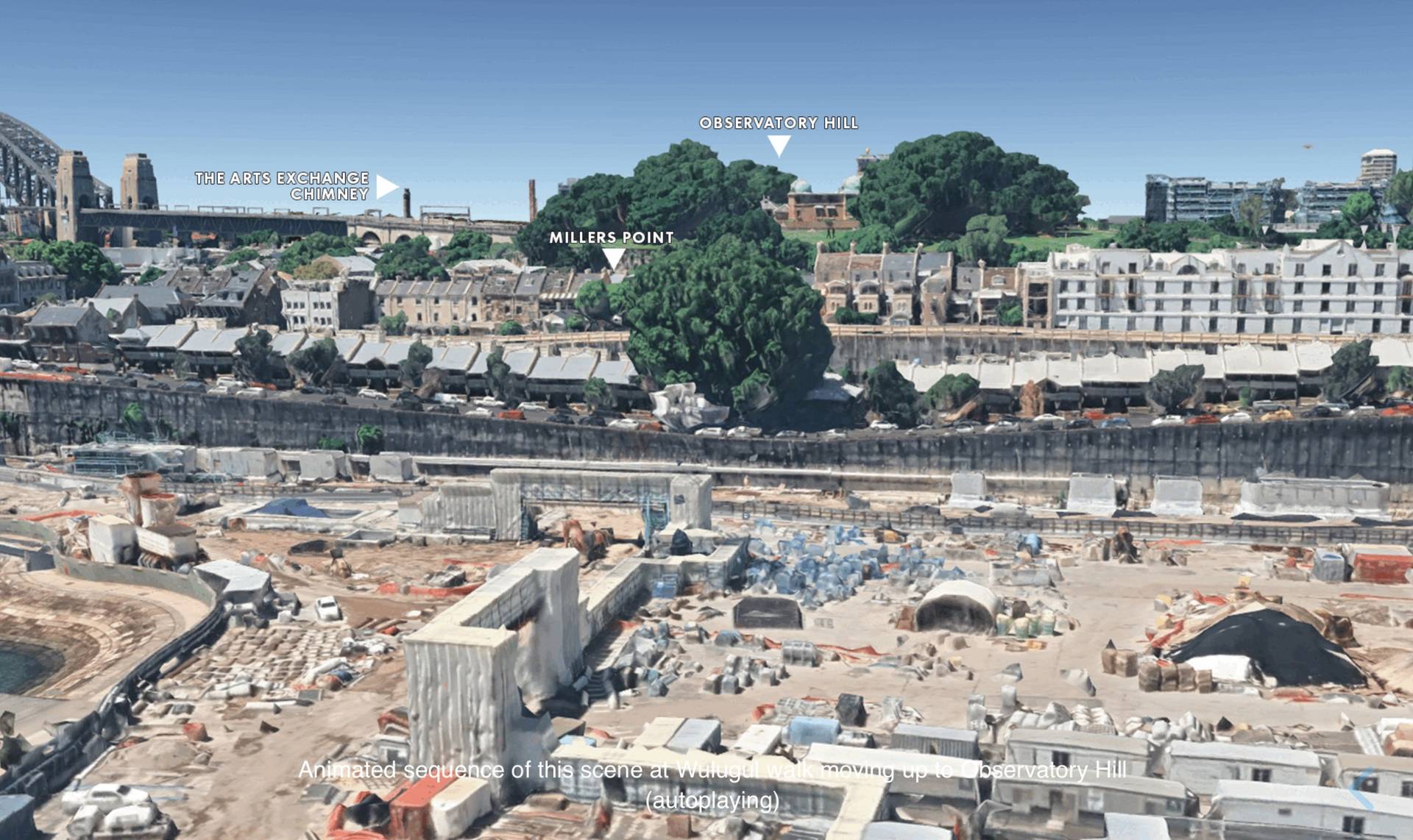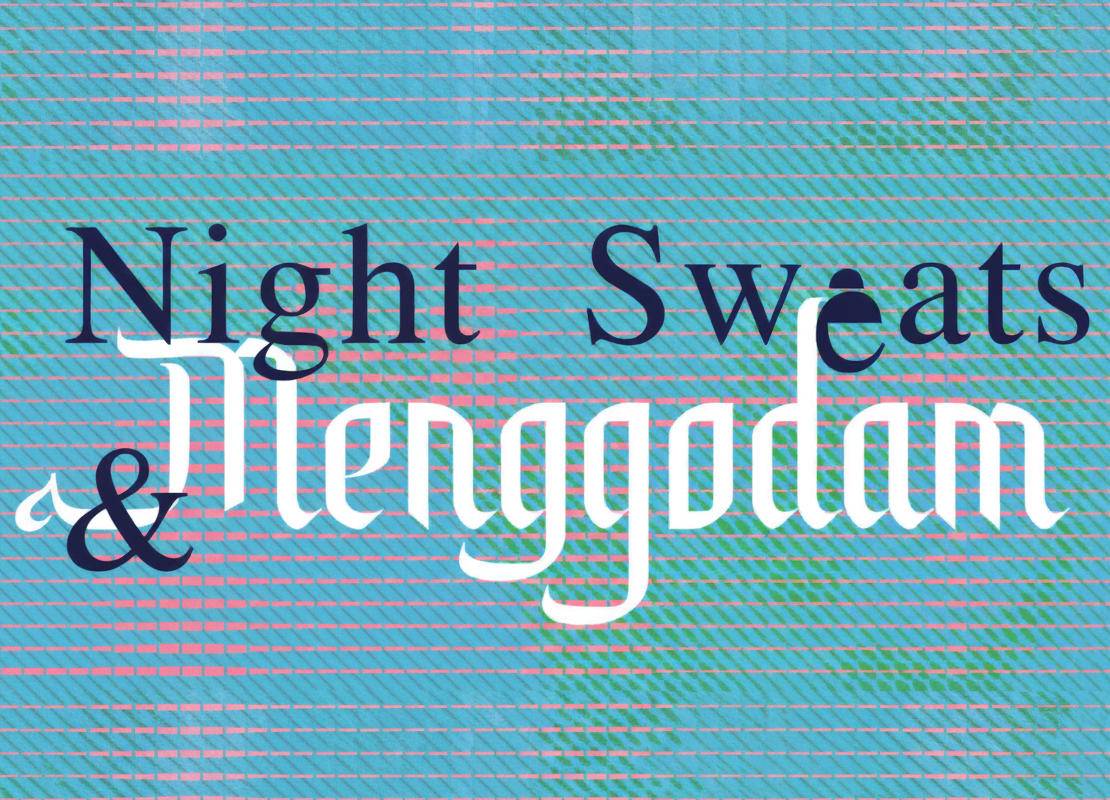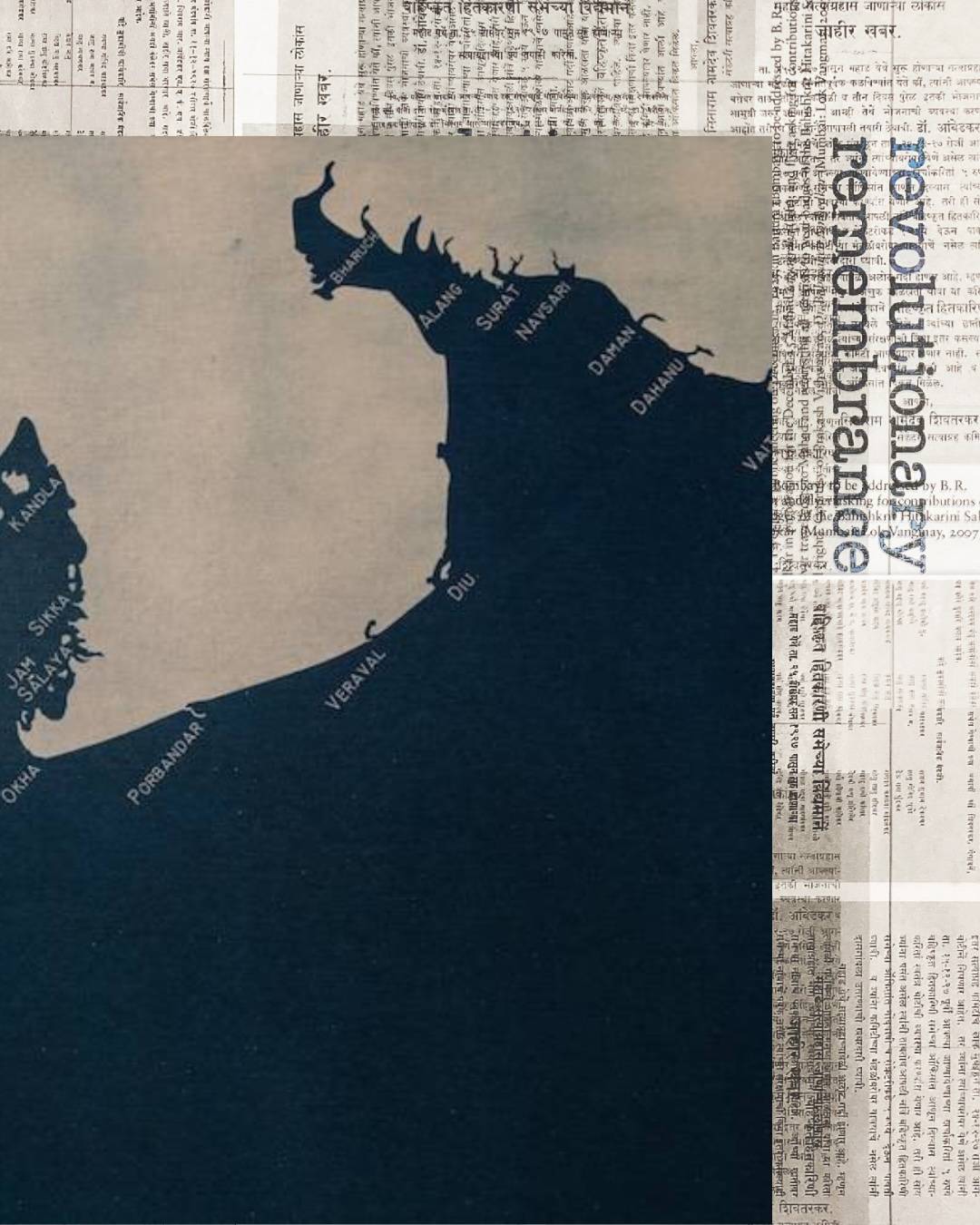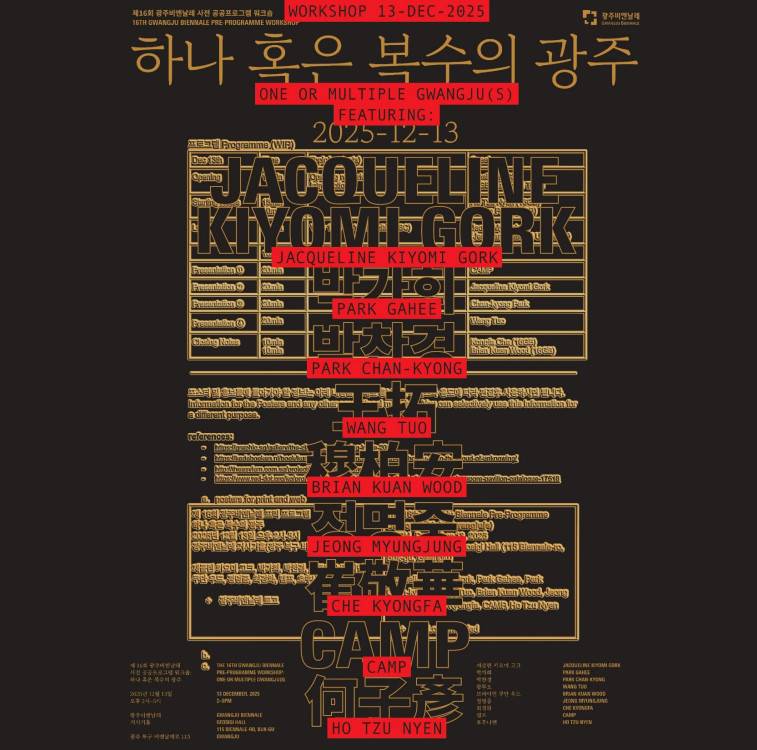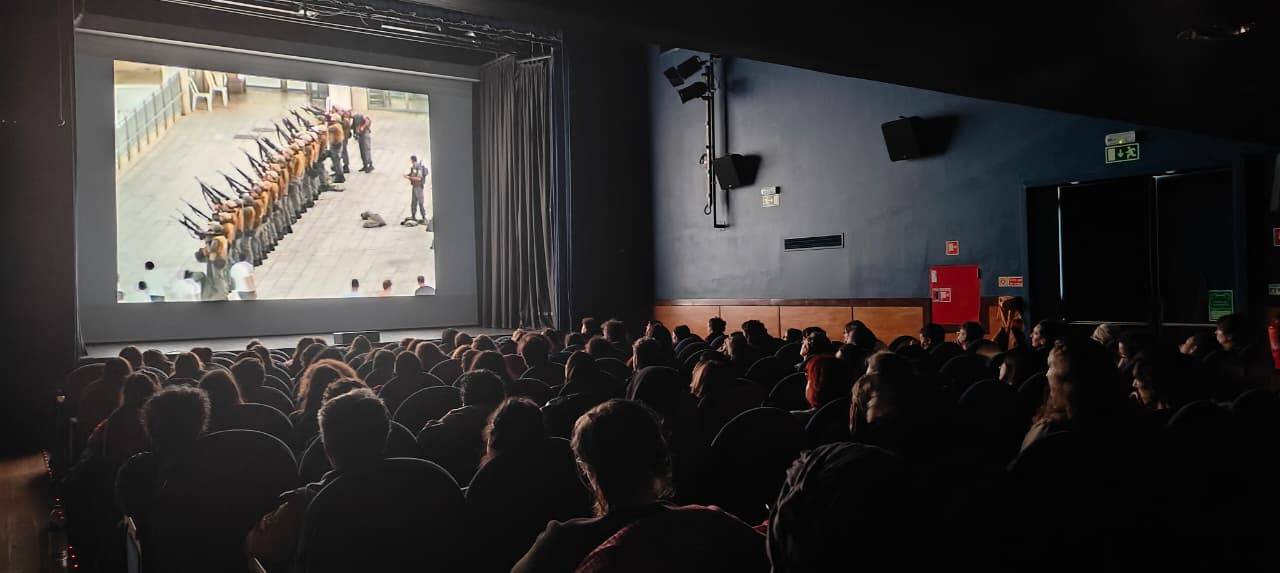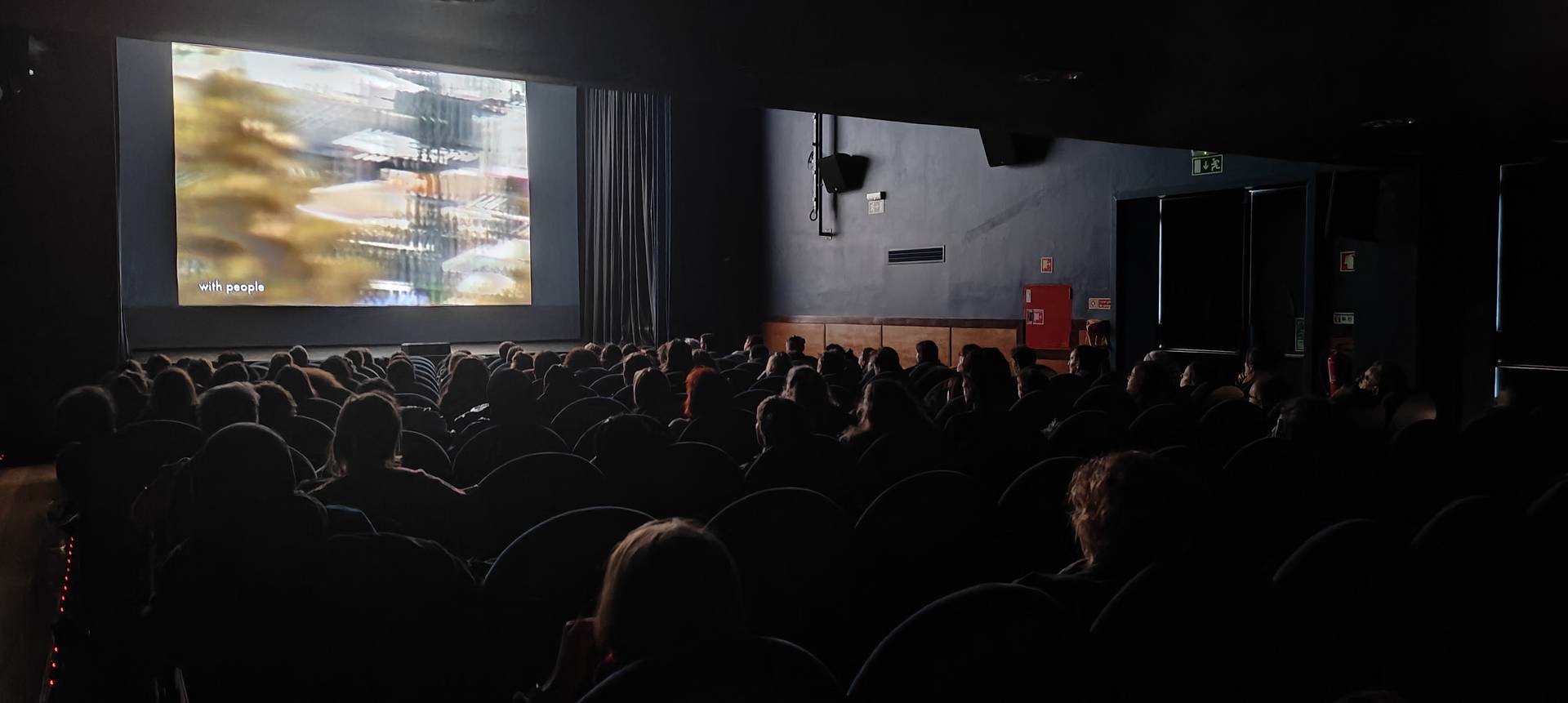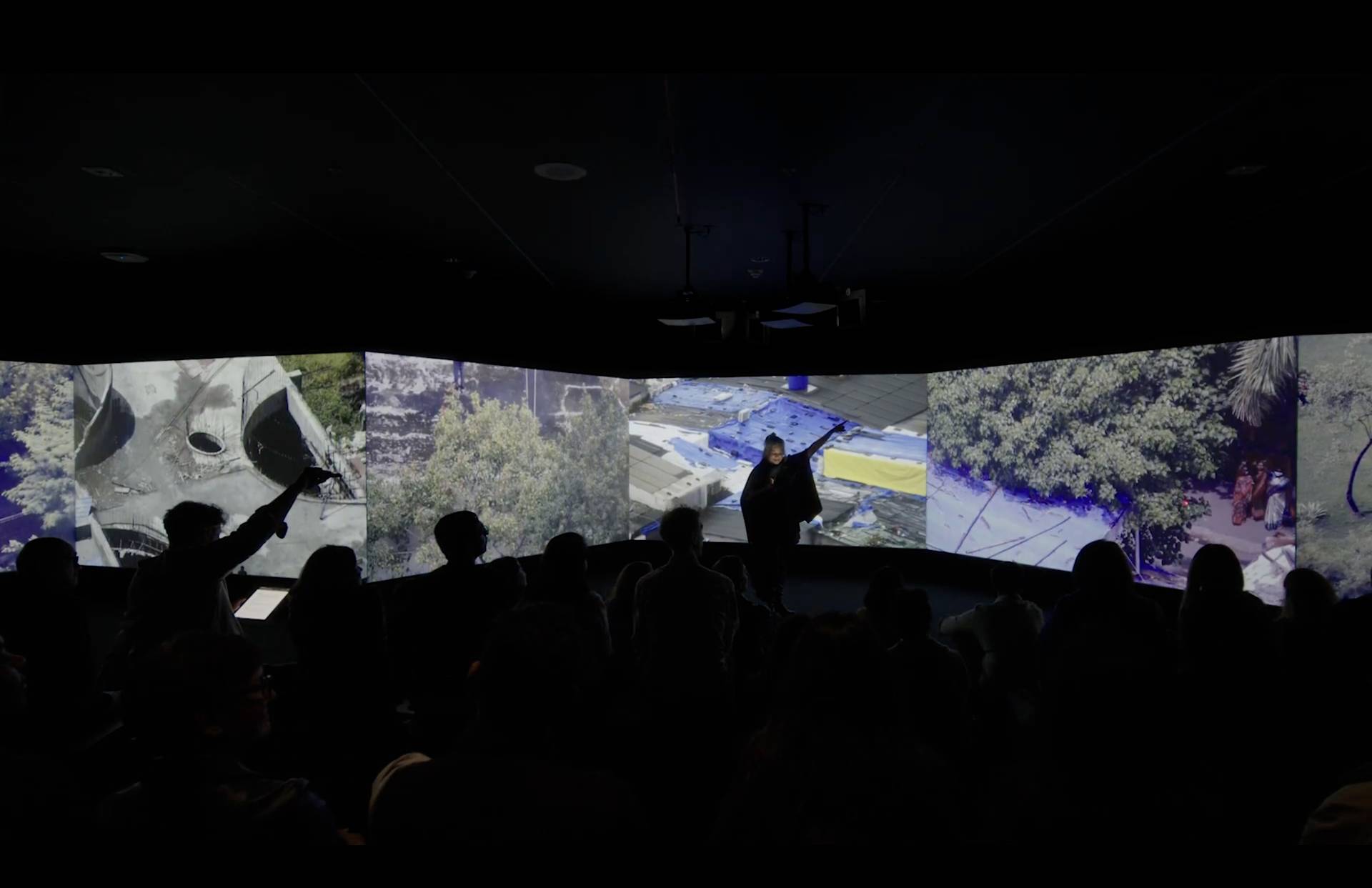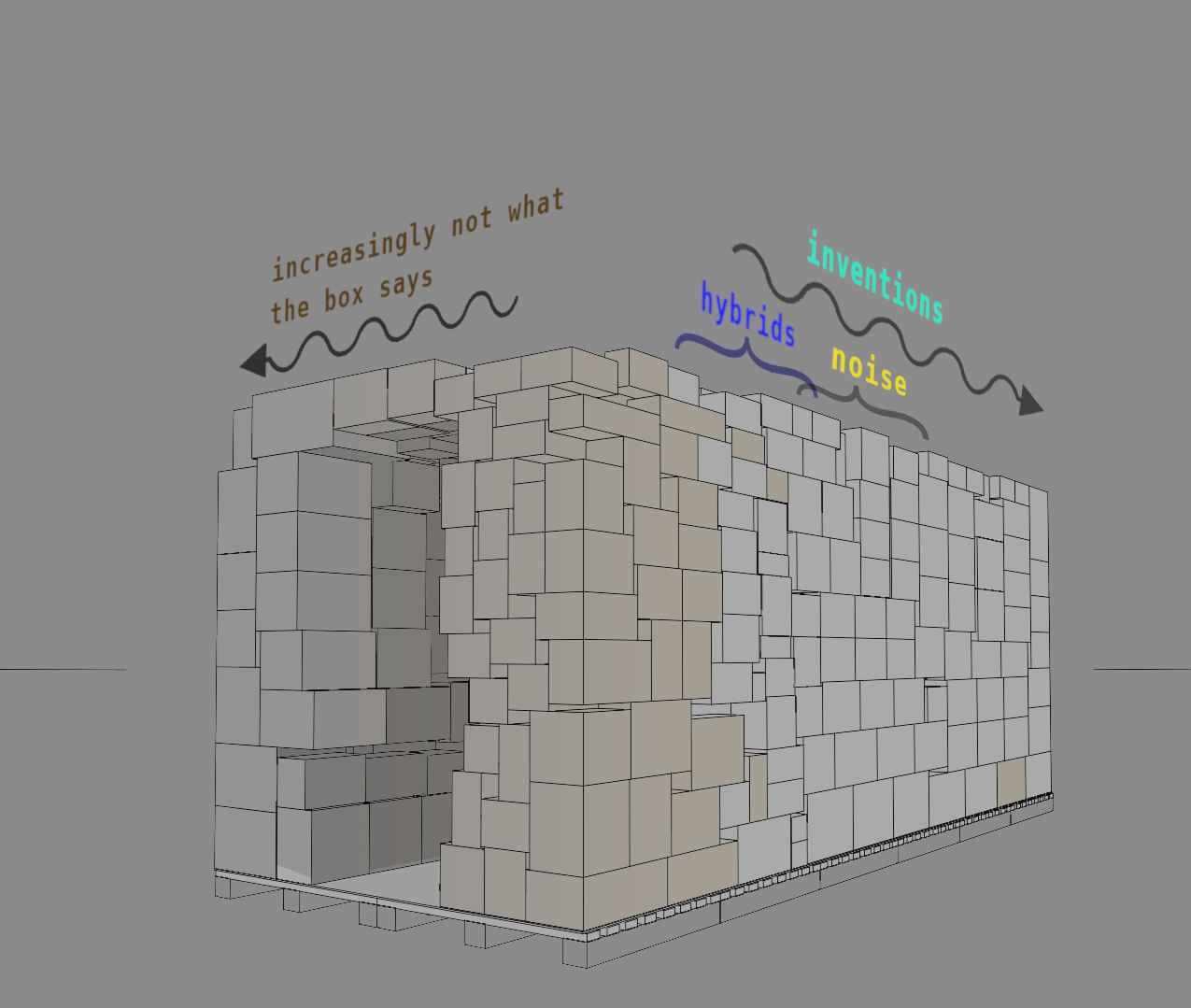Two: Micro Radio
May 9, 2008 - May 9, 2008
Marche N'Gellaw - I 103 FM. Ak DJ Amala and the shops around Bisuiterie rue 18.
We moved 2 kognes up to Bisuiterie rue 18. With 7-8 electronic shops selling transistor radios and copying tapes, it seemed right for a micro radio event. The antenna went up on the first floor balcony of the 'Centre pour le suive scholaires apres l'ecole', an after-school 'school'. Recharge was provided by Diop et Freres, who also had a tuner (radio) connected to large speakers. About 15 radios in the lane tuned in to marche N'Gellaw-1 103.FM hosted by DJ Amala. From the battery-powered radio station at the street corner, Amala wielded a 100 mtr XLR cable from shop to shop indulging in conversation about neighbours, livelihoods, occupations, wishes and music requests.
A couple of hours into the 'show' (a car battery can power this kind of FM transmission all night if need be!) we were greeted by a special guest, Amadou Kane (namaste, mein Mohammed Khan!), who runs a TV show called Allo Bombay. Allo Bombay and DJ Amala engage in a impromptu "interview" in the middle of the street intersection, broadcast upto about 50 metres away. Allo Bombay and DJ Amala engage in a impromptu "interview" in the middle of the street intersection, broadcast upto about 50 metres away. We had met Amadou Kane earlier in the week, he had floored us with his perfect hindi, when asked how he had learnt to speak so fluently, he had replied, "Jab aadmi bachpan se kuch seekhta hai, to sahi tereh se seekta hai, Main bachpan se bollywood dekta aa raha hoon"
With no shared colonial past, having never been to India, his and others' Hindi was a revelation of sorts. In our first week in Dakar, we had been accosted by people on the street who would enquire if I was 'hindou'(meaning Indian). On nodding they would break into dance or exclaim, Ah, beautiful, We remember Mangala! Mangala, it turned out was the name of the actress Nimmi in Aan (1952, the first Hindi film to have a worldwide release) a film that had run for months in Senegal, which in the time of Senegals first president Leopold Senghor (author of negritude), and president from 1960 to 1980 saw a steady distribution and import of Hindi cinema. 20 percent of spending went to culture we were told, Dakar had dozens of cinema's. Now, close to two decades since structural adjustments, empty shells of grandeur and desire dot the neighbourhood...al Mansoor, Rahman...the one on jet d'eau had become a church of some preaching cult...the only cinema that bore semblance of activity was liberte, which was screening Dil to Pagal Hai(on DVD) and a dated Hollywood action flick.(Kane aka Allo Bombay later told us that he supplied liberte with his collection of Hindi movies on DVD)


















